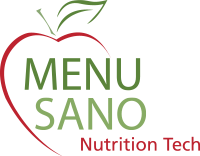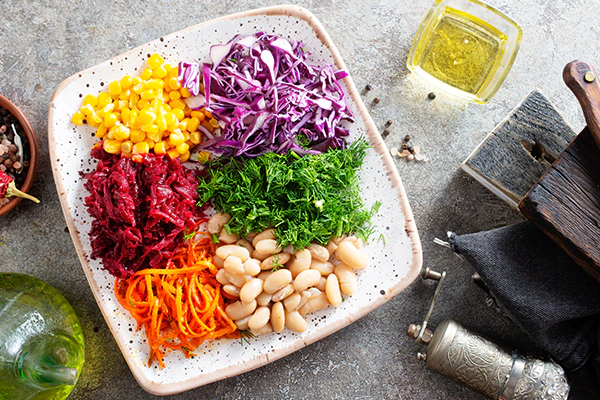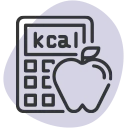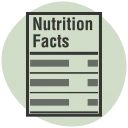For our kidneys to perform their vital functions, we need to ensure that we eat the right food. This article will explore what foods are best for keeping our kidneys healthy and why they’re so important. By the end of it, you’ll know precisely what your kidneys do—and how to help them do it!
Plenty of water
You’re going to want to drink a lot of water. A lot, a lot. That’s because the kidneys’ main job is removing waste from your blood and converting it into urine (pee). And they do this by absorbing water and nutrients through the tubules that line their inner surface. If you aren’t consuming enough fluids, the amount of blood filtered by your kidneys will be limited and less fluid will be available for absorption. So not only will this impair their ability to remove waste products, but it can also damage delicate tissues such as capillaries or cells lining tubule walls.
To keep your kidney health up during cold weather—or any time of year—make sure you’re getting enough hydration in general through plenty of water and other non-alcoholic beverages like tea or coffee (which are not considered “caffeinated” drinks). One rule I always follow: Drink before eating anything substantial; don’t drink after eating anything substantial; make sure every meal contains at least one glassful of liquid just for good measure!
Read more: How to Decide whether a Food is Healthy or Unhealthy
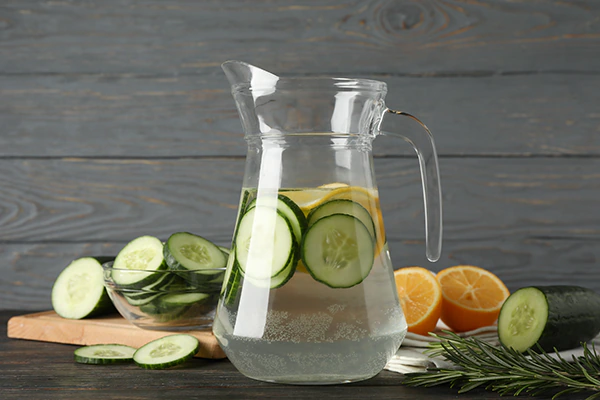
Fruit, fruit juice, and vegetables
Fruits, fruit juices, and vegetables are rich in potassium, calcium, and magnesium. These minerals are essential for healthy kidney function as they help the kidneys remove waste products from the body.
These foods can also help prevent kidney stones. Fruits such as bananas and oranges contain vitamin C, which is an important antioxidant that may reduce the risk of developing calcium oxalate stones.
Read more: How Restaurants are Profiting with New Software
Low-fat dairy products
Low-fat dairy products are an excellent source of calcium, which is essential for the health of your bones. They also contain phosphorus and potassium, both important minerals for kidney function. Low-fat dairy products are also a good source of protein, which helps in muscle building and tissue repair.
Low-fat yogurt has probiotics that help prevent infection by improving digestive health. It also contains vitamins A, B12 (needed by red blood cells), D (needed for calcium absorption), K2 (inhibits artery calcification), and riboflavin (vitamin B2). Milk is an excellent source of vitamin B12 as well as other essential nutrients like selenium which may help reduce high blood pressure while promoting metabolic stability; iodine which supports thyroid functioning; potassium which helps regulate heart rate; magnesium which may help lower blood pressure; folic acid or vitamin B9 which could protect against colon cancer; vitamin A that keeps eyes healthy and vision sharpened while boosting immunity; vitamin D3 aids bone growth but also helps regulate immune system response to fight infections; iron helps deliver oxygen throughout body tissues plus it carries oxygen from lungs to muscles during exercise thus keeping you fit!
Read more: 6 Reasons Adding Nutrition Information for Customers Boosts Sales
So there you have it—five foods that will help your kidneys function more efficiently. Try incorporating as many of these into your diet as possible for better health and well-being in the long run!
If you’re interested in seeing how your home recipes are affecting your health, why not try a free trial of MenuSano? With MenuSano, you can create nutrition labels for all your recipes and dishes, so you can see exactly what even your home recipes are made of.
